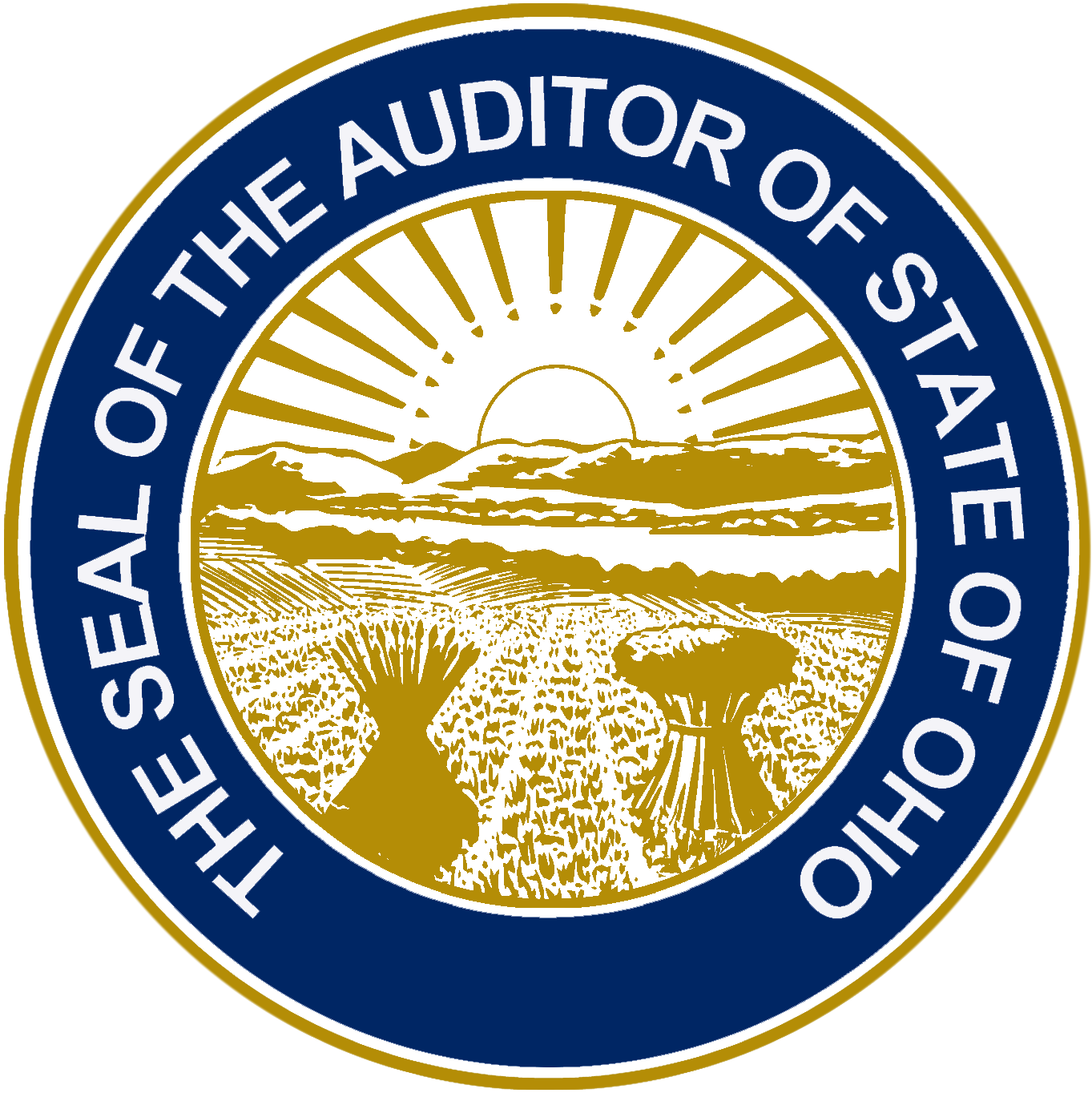
Press Release • Ohio Auditor of State
Special Report Provides Guidance to Local Governments on Detecting, Deterring Thefts of Citizen Payments
Columbus – Thieving public employees who capitalize on lax oversight have pocketed millions of dollars from transactions with citizens over past decade, according to a special report released today by Auditor of State Dave Yost.
Despite revenue’s vital role as the fuel for local government operations, numerous audit findings over the years suggest that some entities do not properly regulate their processes of collecting and depositing incoming payments.
“Time and again rogue employees have successfully robbed governments because they were entrusted with total, unchecked control over fiscal operations,” Auditor Dave Yost said. “It’s time for more administrators to take up shields and involve themselves in the defense of their financial resources.”
Auditors have identified more than $3.4 million worth of incoming payments in the past decade that never made it into the government accounts. The missing money involved at least 77 local governments and school districts. While not all of these cases were definitively criminal, 53 employees at these entities were convicted of theft.
The special report, Pocketed Payments: Preventing the Theft of Incoming Funds, lays out the best practices for handling incoming payments with the goal of encouraging local government leaders to increase their understanding and involvement in the process. Many of the thefts cited in the report occurred at governments where a lone employee had control over the entire process with little to no oversight.
Experts with the Auditor’s Public Integrity Assurance Team, which investigates matters of impropriety in government, said employees who process payments are at an increased risk for fraud because of their knowledge of financial systems and access to funds. In some cases, thousands of dollars – frequently cash – can pass through the hands of one of those employees on any given day.
“The nature of these jobs requires some employees to confront temptation on a daily basis,” Yost said. “Weak oversight can help turn temptation into intent, so the obvious solution is to nip this in the bud with solid internal controls.”
Clerks, fiscal officers, secretaries and school employees are among those who have historically preyed on payments for utilities, taxes, court fees and student lunches to name a few. Like most cases of theft, perpetrators are usually motivated by financial pressure to make ends meet, gambling or drug addiction, or a desire to live beyond their means.
The report details some of the most common, yet clever, tactics that thieves have employed to mask their misdeeds, along with proven safeguards to thwart them. In some cases, employees have manipulated customer billing account balances to conceal stolen cash. Others have relied on sleight of hand, swapping secret checks for cash before making a deposit.
Yost also notes that budget limitations at small governments sometimes creates oversight challenges, while in return making them prime targets for thieves. Villages, for instance, typically assign financial duties to only one or two employees. They account for 29 percent of the 77 governments with stolen or missing payments.
While Yost said the theft of payments is a persistent problem, he also is careful to point out that deceitful fiscal employees are a minority in Ohio’s local governments.
“The majority of employees on the receiving side of the counter are good, honest people with no desire to cause harm,” Yost said. “Unfortunately, there’s no test to tell the good from the bad. The next best option is to shut the window of opportunity on those who do wish to inflict damage by remaining vigilant and applying strong internal controls.”
Click here to watch a downloadable video of Auditor Yost addressing the theft of incoming payments.
An interactive map of stolen and missing payments is available here.
###
The Auditor of State’s office, one of five independently elected statewide offices in Ohio, is responsible for auditing more than 5,900 state and local government agencies. Under the direction of Auditor Dave Yost, the office also provides financial services to local governments, investigates and prevents fraud in public agencies and promotes transparency in government.
Contact:
Beth Gianforcaro
Press Secretary
614-644-1111